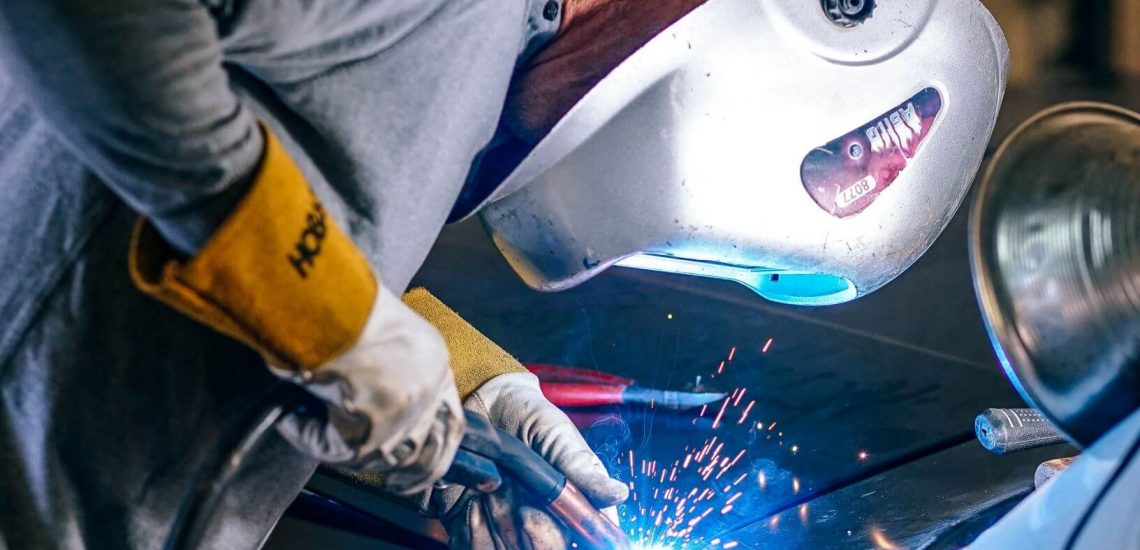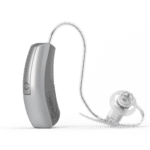Prevalence of Hearing Loss in the Workplace
According to the US Occupational Safety and Health Administration (OSHA), approximately 30 million people are exposed to hazardous levels of noise on the job. Occupational hearing loss has been “one of the most prevalent occupational health concerns in the US for more than 25 years,” says OSHA. They estimate that “thousands of workers suffer from preventable hearing loss due to high workplace noise.”
Some of the loudest professions include construction work and factory work, as well as air traffic controllers and surprisingly, dentistry. Those whirring sounds of drill do more than scare patients – their high-frequencies of sound cause irreparable damage to dentists and dental assistants.
The good news is – there are ways to prevent hearing damage due to one’s occupation.
Exposure to Loud Sound
Hearing specialists and researchers believe that exposure to sounds that register at 85 decibels for eight hours is enough to cause hearing loss. The louder the sound, the less time it takes to damage hearing.
To illustrate 85 decibels, imagine a bulldozer parked on the street that is idling, but is not actually being used. The sound of the idling engine is 85 decibels. For construction workers, a day on the job next to an idling bulldozer may lead to permanent hearing loss.
People who work in factories are also exposed to the loud sounds of machinery, while musicians and people who work in the music industry experience dangerous volumes on the job. A rock concert averages around 120 decibels – a 40-minute show is enough to damage one’s hearing.
Surprisingly, nursery school teachers and hair stylists are also at risk. The high-frequency voices of children and the blast of a hair dryer both clock in at high decibels. Additionally, men and women who serve in combat zones are exposed to various volumes from gunshots to explosions. As a result, 60% of veterans returning from combat zones report hearing loss and tinnitus.
Noise-Induced Hearing Loss
Noise-induced hearing loss is a form of hearing loss caused by exposure to loud volumes, whether in a one-time event or through exposure over a long period of time. Occupational hearing loss falls in the latter category.
When sounds are too loud, they have the potential to damage the inner ear hair cells. These cells are responsible for translating the vibration of sound waves into neural signals, which are sent to the brain to be processed as sound. The damage to these cells from loud sounds is irreparable, as they do not regenerate. The only way to treat noise-induced hearing loss with hearing aids.
How to Protect Your Hearing on the Job
Most industries that are loud often provide employees with hearing protection and require them to wear said protection while working. How can you tell if you’re working in an environment that’s too loud? One easy way to is to download an app for your smartphone that reads decibels in the environment. If the sound in your environment is consistently 85 decibels or louder, then you should invest in hearing protection. At 85 decibels, an eight-hour work shift could severely damage your hearing.
Another way to tell if your workplace is too loud: if you are in a conversation with someone standing arm’s length away from you and you cannot hear them speaking, then you are being exposed to dangerous levels of noise.
If you believe you are experiencing hazardous levels of sound at your job, speak to your employer. OSHA has issued standards for sounds in workplaces, and these regulations must be met for the protection of the worker. If you are not using ear protection, consider protective headphones or custom-made earplugs. Custom made ear protection is molded to the shape of your ear and filter out the dangerous volumes you may experience.
Visit Us at Ear to Hear
Ear to Hear has locations in Arizona, Florida, Missouri, Indiana and Illinois. If you believe you are experiencing changes to your hearing loss due to exposure to high levels of sound, contact us for a free hearing test and otoscopic exam. If a hearing loss is detected, our team will work with you to find the best solution for your hearing needs. We provide hearing aid fittings to ensure the best listening experience for you.


